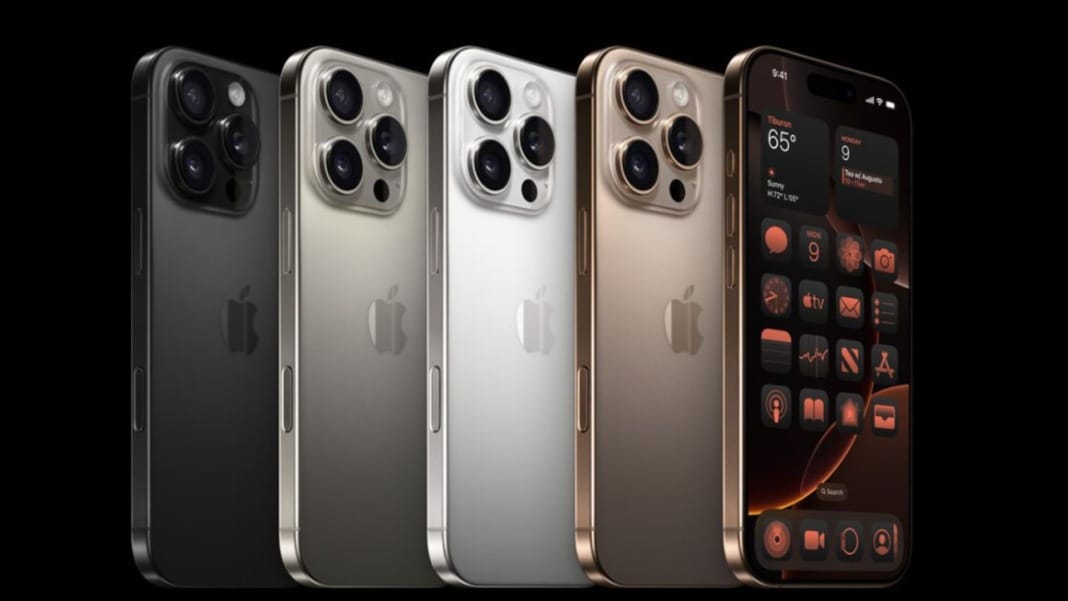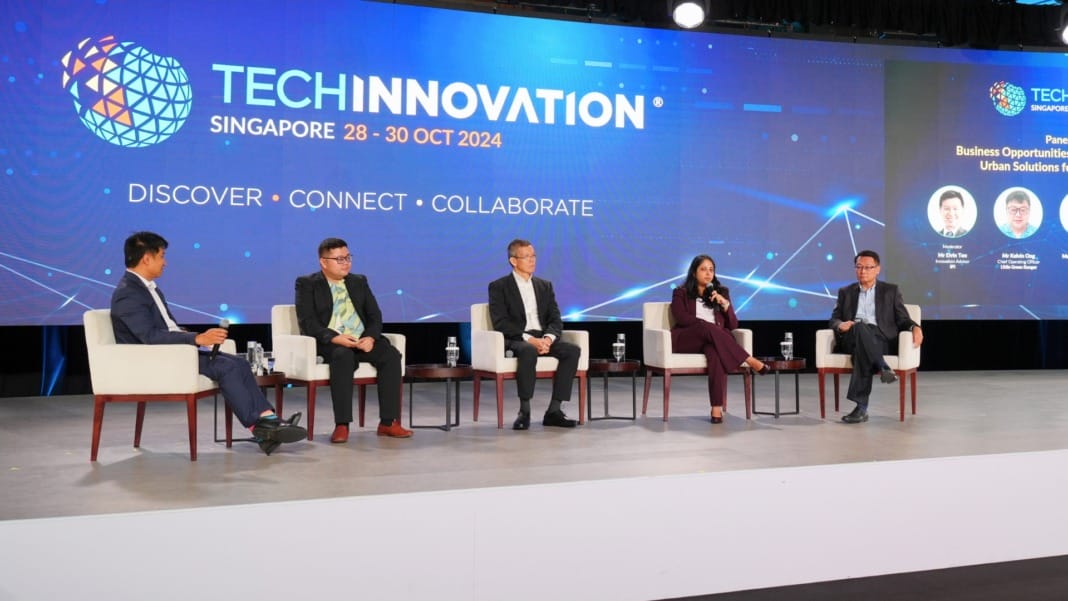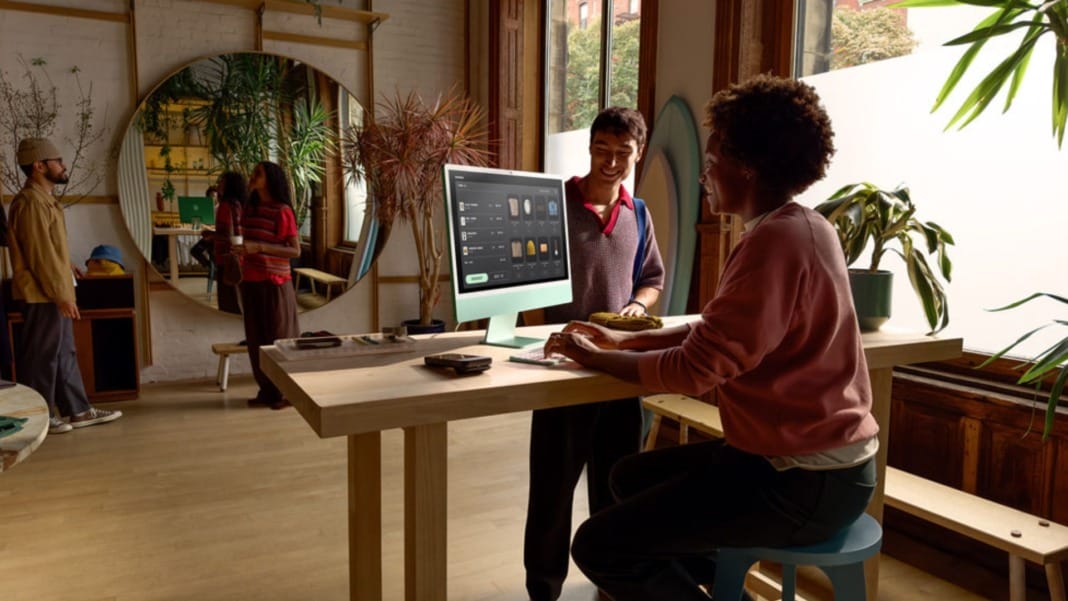On October 29, Agus Gumiwang Kartasasmita, Indonesia’s Minister of Industry, announced that Apple’s iPhone 16 series would not be permitted within Indonesia due to unmet certification and investment requirements. According to Kartasasmita, Apple has yet to fulfil the promised commitments to the Indonesian government, including mandatory certifications and is falling short of its Local Content Requirement (LCR). LCR mandates that at least 40% of goods and services components must be sourced domestically before products can be legally sold or imported into Indonesia, with certain exceptions for specific goods or industries.
Kartasasmita emphasised that with these commitments, Indonesia can issue the necessary permits for the iPhone 16 series. “We, the Ministry of Industry, are yet to be able to issue permits for the iPhone 16 because there are still commitments that Apple must realise,” he stated.
Apple’s investment commitments remain unmet
Under the LCR, Apple must contribute to Indonesia’s local economy through research and development projects and by covering certification costs for new devices, including the iPhone 16. Of the total investment amount of IDR 1.71 trillion (approximately S$108 million), Apple still owes IDR 230 billion, or roughly S$14.6 million. This deficit in their promised investments is seen as a significant breach of agreement with Indonesia, which has led to this unprecedented decision to bar the iPhone 16 from entering the Indonesian market.
The ban also affects recently released Apple products, including the Apple Watch Series 10. These products will only be authorised for sale or distribution in Indonesia once Apple meets the complete LCR requirements and settles the outstanding investment amount.
Limited exemptions for travellers and personal use
Although the iPhone 16 series is officially banned from being sold or used in Indonesia, there are limited exceptions for travellers and international visitors. According to reports, individuals entering the country, such as flight crew members, tourists, or business travellers, can bring their iPhone 16 devices for personal use. Additionally, iPhone 16 devices shipped into Indonesia via courier for personal use are allowed entry.
However, Indonesian residents and visitors are prohibited from selling iPhone 16 devices in the country. While you may carry your iPhone 16 when visiting Indonesia, purchasing or selling the device will only go against regulations once Apple resolves the certification issues.
This move marks Indonesia’s strong stance, underscoring the country’s commitment to enforcing its local content policies. For now, the iPhone 16 series ban stands until Apple complies fully with the country’s demands, meeting both its financial commitments and certification requirements.





